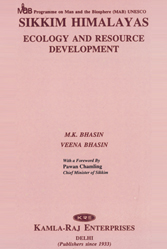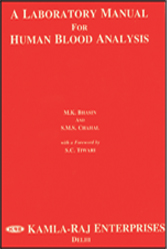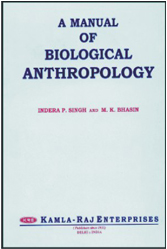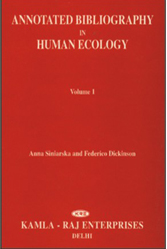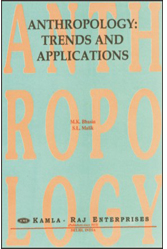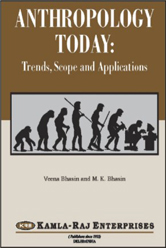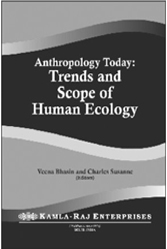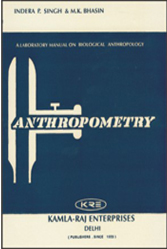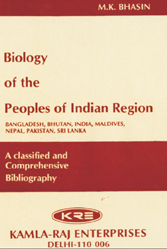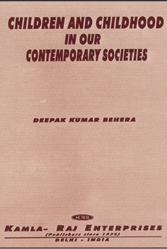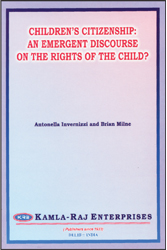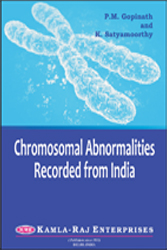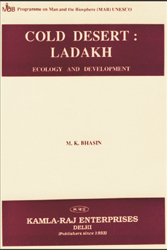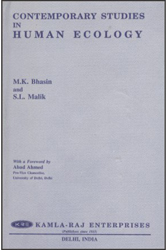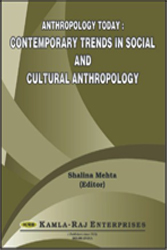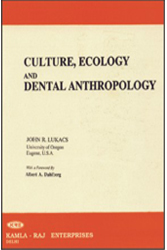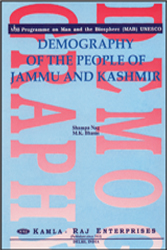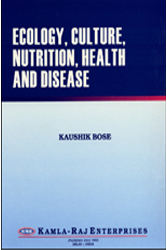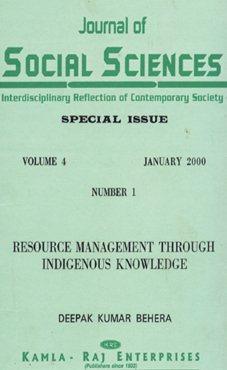SPECIAL VOLUME SOCIAL SCIENCES
RESOURCE MANAGEMENT THROUGH INDIGENOUS KNOWLEDGE
DEEPAK KUMAR BEHERA (Sambalpur University, Sambalpur, Orissa, India)
2000 • Pages: 120 • Size: 180 × 240 mm •
Binding: Hard • Price: US $ 35/- Rs. 850/-
(Special Issue of Journal of Social Sciences - No. 5)
Indigenous knowledge is pivotal for preserving the identity and culture of local people which is constantly under threat. There is an urgent need to understand the nuances of the indigenous knowledge because it would help in preserving and furthering it. The present issue titled "Resource Management Through Indigenous Knowledge" is an outcome of a session organized during the 14th ICAES held in Williamsburg in 1998. The contributors to this issue uncover the valuable and endangered aspects of the age-old system of resource management. This issue is of utmost significance to Ecologist of social and natural science background, as well as the activitists.
